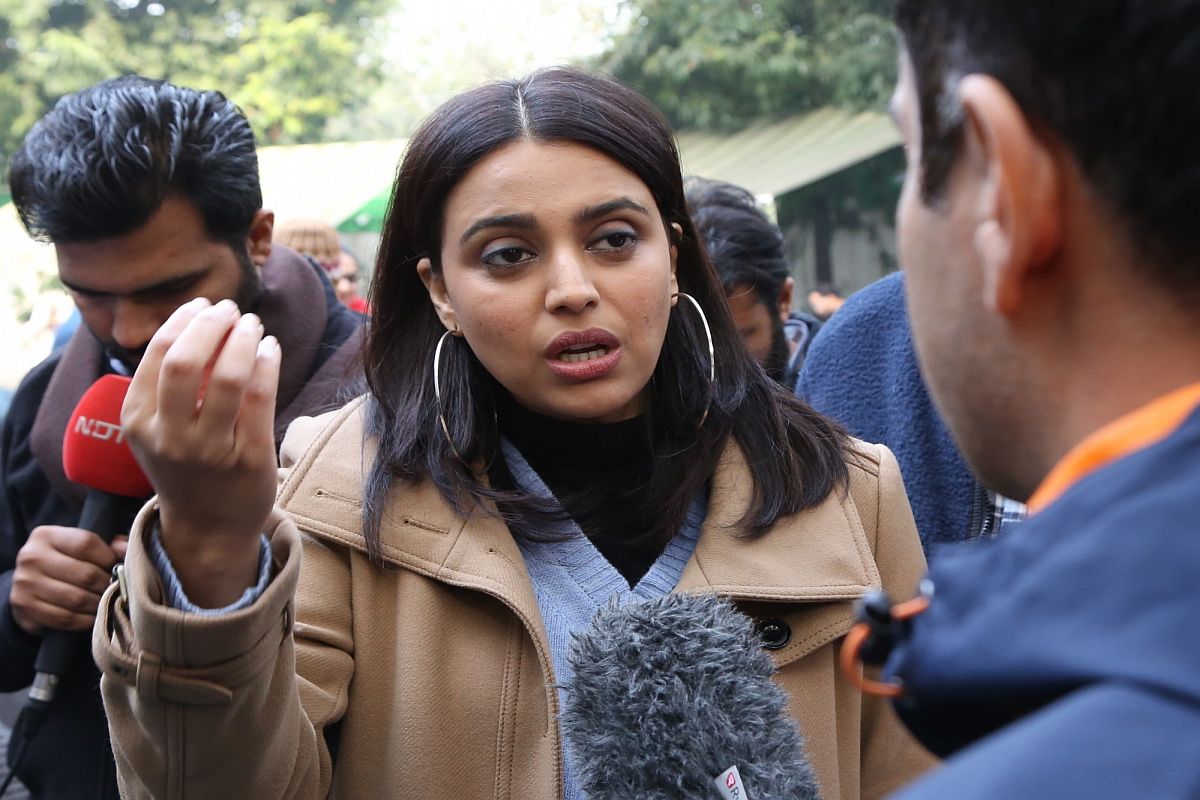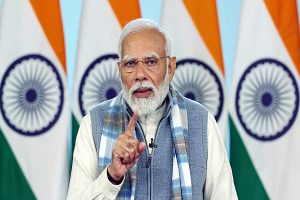A petition was filed Attorney General KK Venugopal on Monday seeking his consent to initiate criminal contempt proceedings against Bollywood actress Swara Bhaskar for her alleged “derogatory and scandalous” statements against the Supreme Court on its verdict in the Ram Janmabhoomi-Babri Masjid title dispute case of Ayodhya.
The plea has sought to procure consent under Section 15 of the Contempt of Courts Act 1971 to initiate criminal contempt proceedings against Bhaskar.
The plea said Swara Bhaskar had passed a derogatory statement in context with the apex court and the judicial institution of the country.
The plea cited that in February, a society identified as Mumbai Collective organised a conference in which Bhaskar was a panelist and while addressing the conference, she made a statement derogatory and scandalous in nature, putting a big question on the judiciary and its integrity to the Constitution.
It claimed that Bhaskar had made “derogatory and scandalous” statements against the courts in the country and mentioned the Ayodhya case judgement.
“Moreover, the alleged contemnor (Swara Bhaskar) seemingly provoking the address to resist against the judicial institution of this nation… objectionable statement is not only a cheap stunt of publicity to gain brief applause but a deliberate attempt to turn the masses to resist and revolt against apex court,” said the plea.
The petitioner contended that Bhaskar’s statements intend to incite a feeling of no confidence amongst the public with respect to proceedings of the apex court and integrity of judges of the top court.
The plea has been filed by advocates Anuj Saxena, Prakash Sharma, and Mahek Maheshwari.
The consent of either the Attorney General or the Solicitor General is necessary under section 15 of the Contempt of Courts Act 1971, for initiating contempt proceedings against a person.
A five-judge constitution bench of the Supreme Court had on November 9 last year delivered a unanimous verdict paving the way for construction of Ram Temple at the disputed site at Ayodhya and had directed the Centre to allot a five-acre plot to the Sunni Waqf Board for building a mosque.
Meanwhile, petition against Swara Bhaskar comes days after the apex court last Friday held senior lawyer Prashant Bhushan guilty of contempt of court for his alleged tweets on Chief Justice of India SA Bobde and his four predecessors.
Advocate Bhushan has said that he was “exercising his freedom of speech” and giving his opinion about the functioning of the court, and it does not amount to “obstruction of justice”, necessitating the contempt proceedings.
On July 22, the Supreme Court had issued notices to Prashant Bhushan and Twitter Inc on the alleged contemptuous remarks on judiciary posted on Twitter.
The apex court initiated suo motu contempt proceedings against Bhushan for publishing two tweets, the first tweet, which was posted on June 27 alleged that the last four Chief Justices had played a role in the “destruction of democracy” during undeclared “emergency” for last six years.
And the second tweet on June 29 allegedly said the present Chief Justice rode a stationary bike at Nagpur while keeping the apex court in lockdown and denying citizens their right to access to justice.
The contempt case also involves statements that Prashant Bhushan made during an interview to Tehelka magazine in 2009, in which he said half the 16 Chief Justices of India were corrupt.
On August 4, the top court, while hearing the case, had observed that “there is a thin line between free speech and contempt”.












